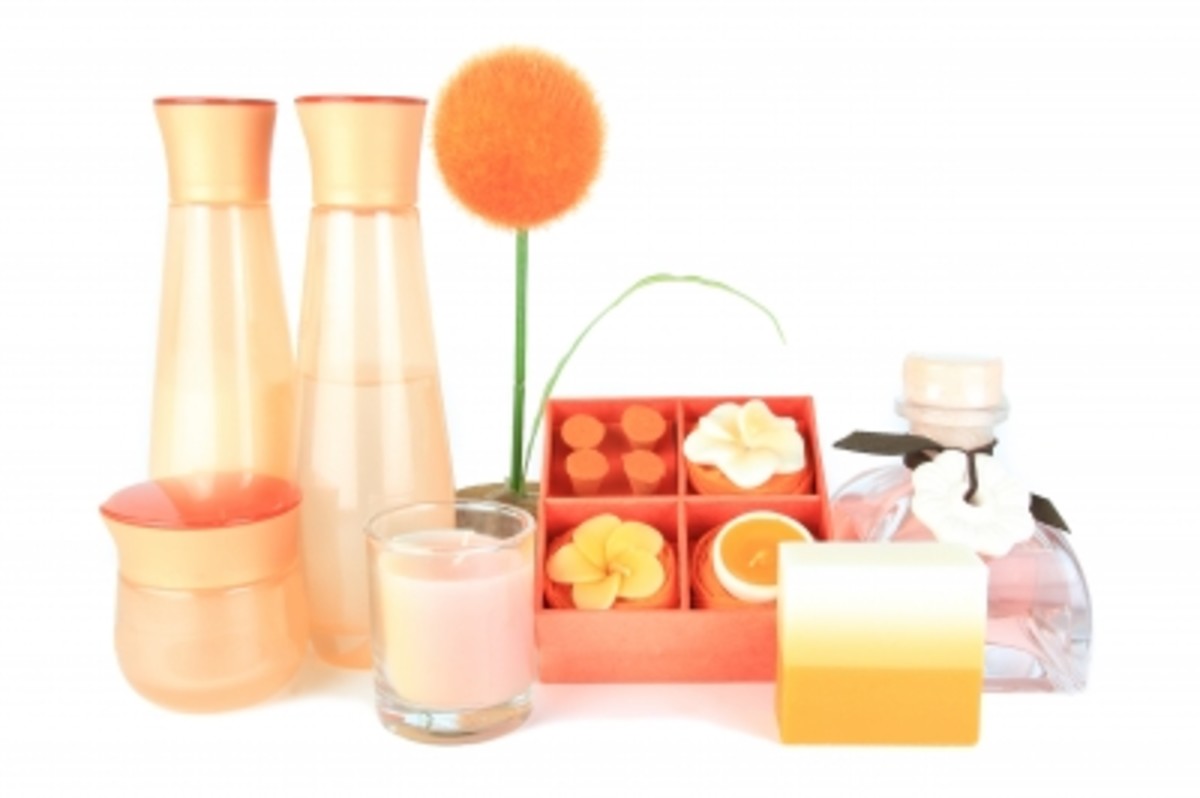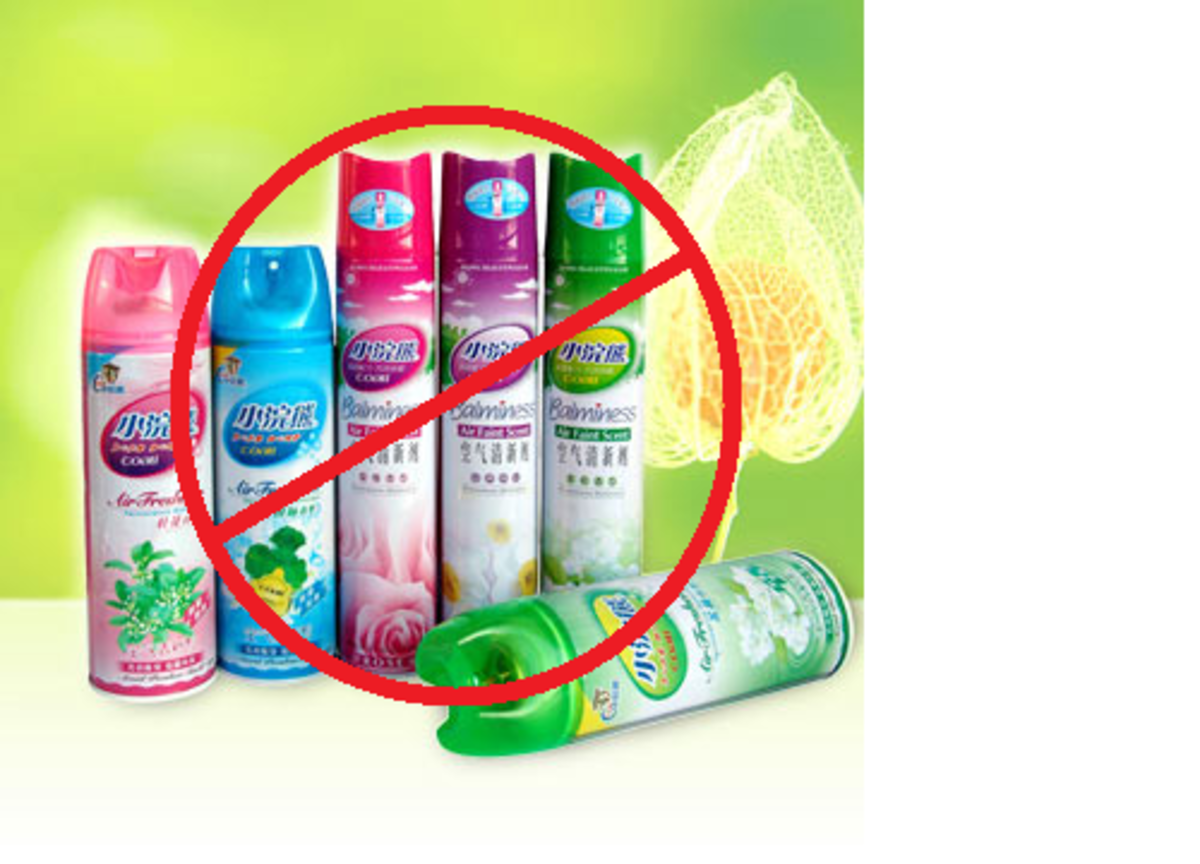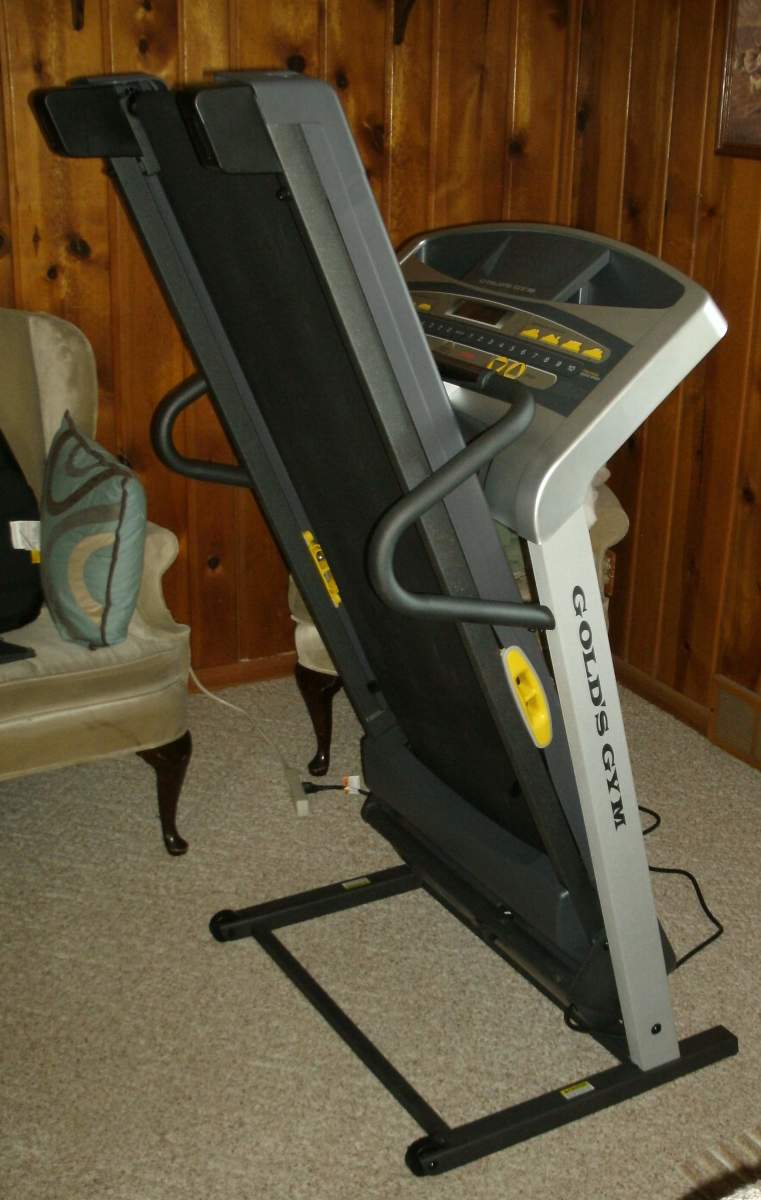How To Avoid Unecessary Chemical Exposure - Part Two
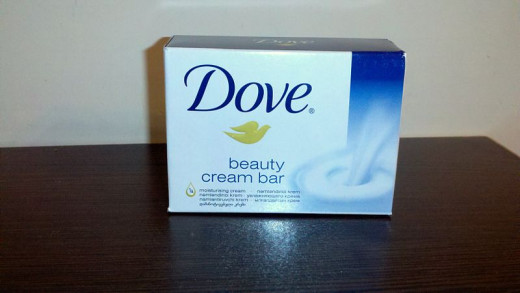
Simply because we can buy something in a store or online does not mean that item is completely safe. Consumers must inform themselves to be able to choose wisely. A large number of products for men, women, and babies are not safe for your health, particularly for repeated use whether they be food items, cleaning products, or grooming aids. It is known that babies and adults excrete a small amount of toxins and chemicals in their body wastes. This is true even when chemicals were only applied externally to skin or hair, ingested in very small amounts, or breathed in.
Our skin is our bodies largest organ. It is highly capable of absorbing things that we come into contact with. This is very important when we consider all the things that we come into contact with and use on our skin. We must remember that manufacturers are happy to take our money in exchange for products that can irritate skin, cause negative respiratory reactions, and have potential for causing permanent damage in some individuals.
Manufacturers understand that keeping manufacturing costs low boosts their profit. But, many consumers don't understand that one of the most popular corners cut is the ingredients. Cheap chemicals cost less than all-natural ingredients. Some natural ingredients are not easy to store or don't last long on a shelf. Shelf life is especially important to manufacturers and retailers so chemicals are often added for this reason.
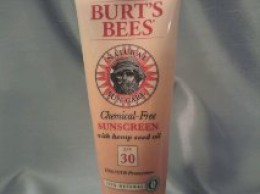
At Work Outside The Home
Most people spend the majority of their waking hours at work. Considering this, it is wise to limit exposures to chemicals at work simply because of the duration of the average part and full-time work week. With the understanding that one cannot always control or eliminate their exposure, it's important to take action when the opportunity presents itself. Ink/toners, chemical laden disinfectants, smoking, irritating or even toxic air fresheners are just a few common sources of chemical hazards at work.
For those whose job duties entail handling or working in the presence of chemicals, read the MSDS sheets for the chemicals and use care while at work. This means that you should use gloves, goggles, and any other protective equipment recommended and provided. In addition to this, there are uninformed and inconsiderate people in many places of work that overuse or spray personal fragrances, air fresheners, and disinfectants heavily. These types of people cause their co-workers untold numbers of headaches, sneezing, wheezing, hives, and the like. While many don't feel empowered enough to speak up, it is in the best interests of everyone to do so especially when things are having a negative effect, are simply distracting, or are not being used as directed.
It's possible that even if your job doesn't require you to use chemicals that you may still be exposed by others around you. Taking the initiative to inform yourself and others about the proper use or storage of chemicals and cleaning supplies would be of benefit to everyone whether they use the information at work, home, or in both settings. A lack of good indoor air quality persists in the vast majority of homes, schools, places of worship and work simply because no efforts are made to improve for the sake of those occupying these spaces. When considering the large amounts of time we spend in these places, would it not be a wise choice to be more involved in what we breathe in and are exposed to?
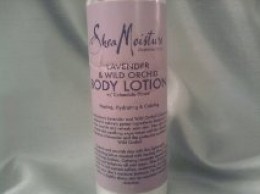
Hiding In Plain Sight At Home
Whether or not you know what the exact culprits are, the more you are exposed to certain chemicals the more likely it is that you may have problems such as fatigue, sneezing, runny nose, rashes, wheezing, and headaches. If these issues fade when you open your home's windows or leave the house, the problem lurks within.
Carpeting, faux leather, paint, plastics, flooring, drywall, HVAC air fresheners, incense, cigarette/cigar smoke, hobby paints/glues/etc., laundry detergents and fabric softeners can release chemicals into household air that can irritate your respiratory system, skin, and possibly harm your overall health. If you only think once of the total amount of time you spend at home, you're likely to want to eliminate some of your chemical exposure there. The problems may seem vague such as headaches, tiredness, and shortness of breath but there is potential for the health issues to worsen in some people.
When shopping for furniture choose real items, avoid the faux leather and faux wood items. These items often have more chemicals in them than real leather and real wood furniture. You may wish to find out if the foam cushions in your (current and potential) chairs and sofas have semi-volatile organic compounds. Just like VOC's found in paint and other materials, SVOC's aren't a good thing to be repeatedly exposed to in your home or elsewhere.
Sofas, particle board furniture, chairs, etc. off gas and often have formaldehyde and other harmful chemicals in them that you breathe in or have bits and pieces lying around the house. Many of these items off gas for very long periods of time lowering the air quality in your home. The average home's air quality is at least 3 - 5 times worse than outdoor air, excluding smoggy places such as LA. Having plants such as aloe and orchids in your home can remove some chemicals from the air. However, you will need at several plants per room and a greenthumb as well. Opening windows may help as well however, when the windows are closed the chemicals within your home and those released during household cleaning begin to build again.
It should be noted that opening windows is only a temporary solution, especially when the weather is not cooperative. Further, most household HVAC systems and air purifiers do not remove chemicals from the air. Avoiding these items as much as you can is a good way to avoid unnecessary chemical exposure. Yes, it will cost you more to purchase furniture that doesn't present these issues but there are options out there if and when you decide to go for it.
Humidity, pests, family pets, VOC's (volatile organic compounds), bad ventilation, household, and hobby chemicals all contribute to bad and even harmful indoor air quality. When you want to improve the air quality in your home it's important to consider the very furnishings, cleaning products, paints, fabrics, and decorations that you have. Avoiding the use of mass produced air fresheners is very important. Many of these air fresheners contain chemicals that are known to cause harm. Manufacturers often claim the fragrances are secret and they cannot provide a list of ingredients.
The problem with air fresheners and fragrances in general, is that there are many chemicals in the mixture that can actually deaden your sense of smell, cause respiratory irritation, and other issues depending on what ingredients are used. Some of the chemicals in air fresheners and personal fragrances are known to cause serious health issues including cancer. But, you'll likely never know what is actually in the mass produced stuff unless you pay a chemist to find out and you'll likely be shocked or very unhappy at the least. Despite this, many people put using air fresheners and fragrances over their own health and that of their family's.
All of these items contribute to good or bad air quality in your home. Don't forget that there are some construction materials such as drywall, adhesives, etc. that may also affect you negatively. However, there is an increasing number of reputable contractors who are able to address these issues with safer products or if you are experienced or able, you can make changes yourself. It takes some effort and money, but going from one room to the next to remove the offending items will literally allow you to breathe easier at home with better indoor air quality.
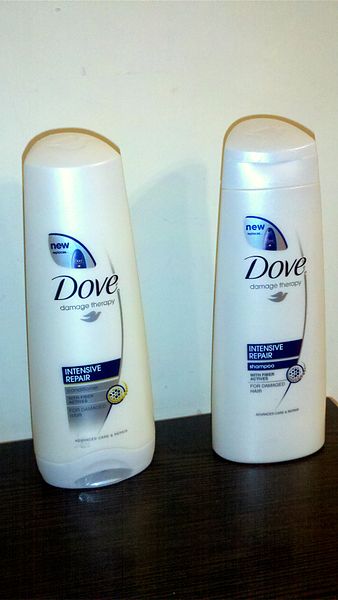
These hubs are by no means a proclamation that natural or chemical free is always better. Nor are they meant to instill fear. These hubs are meant to inspire people to think more carefully about the things they choose to use on their bodies and in their homes.There are some cost-efficient ways to go about improving indoor air quality and choosing healthier products and foods if the users are so inclined.
When learning how to avoid unnecessary chemical exposure you'll find that things are not always what they appear. Keep this in mind if you contemplate switching to all natural or chemical free products. Some manufacturers intentionally place misleading words or labeling on packages to make consumers believe the product is natural or chemical free. In other cases consumers need to inform themselves of the fact that there are some natural substances that can cause harm if used improperly. Informing yourself is a must whether you have a preference for more/all natural products or not.
Many people know it's to their benefit to avoid chemicals, even those that might have been deemed safe under certain levels or conditions. Manufacturers know that consumers are slowly but surely becoming more informed. This is why some consumers are seeing baby steps being made to clean up certain products. Manufacturers also know that some of these same customers are not diligent in reading the ingredients prior to purchasing and some will use this fact to their knowledge. Some companies understand they can get some sales just as long as the words natural or chemical free are displayed. Large numbers of consumers are not tricked by this tactic. Be sure to perform due diligence because you and your family are the end users, not guinea pigs.



